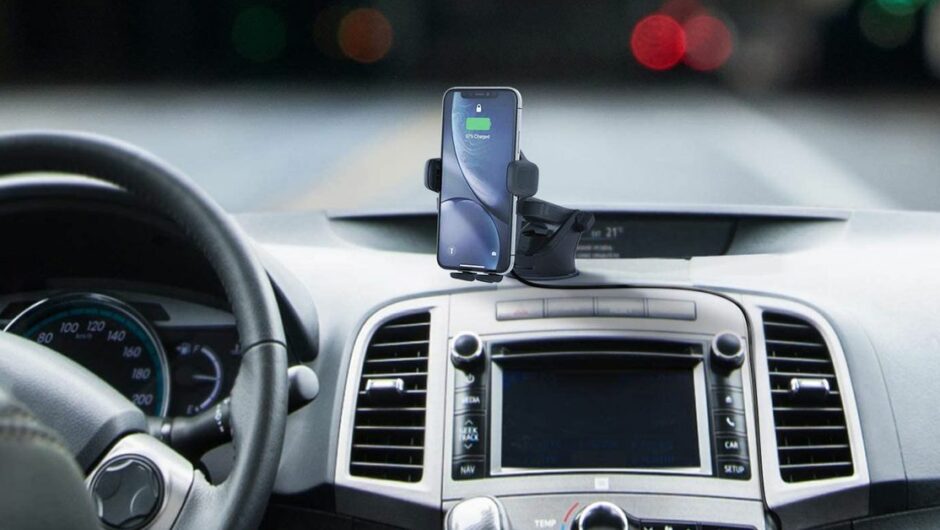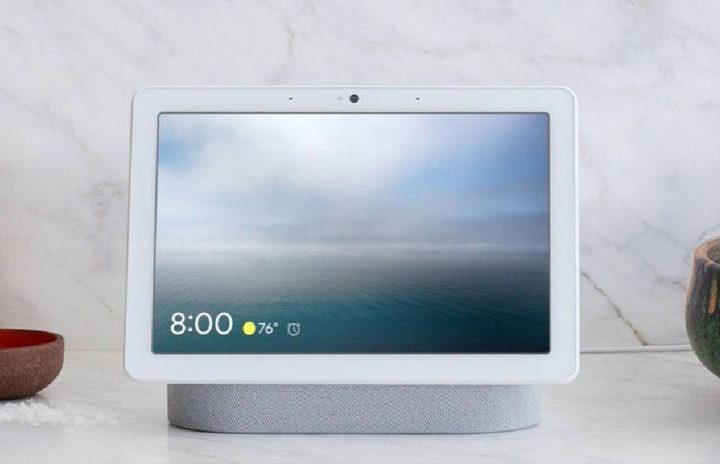The demands and economics of the Internet will change as a result of changing customer expectations, according to the Cisco Broadband Survey from the communications technologist. People in EMEA (Europe, the Middle East, and South Africa) are reevaluating how they use the Internet, juggling the traditional needs for speed and reliability with the growing demands for secure cloud infrastructure, growing eco-consciousness, and the consumerization of technologies like the Internet of Things (IoT), which connects our devices, from smart cars to home appliances. This has caused 79% of poll respondents to regard broadband as essential national infrastructure, which has increased the need for the technology sector to address these concerns and quicken the transition to a future Internet that is more secure and sustainable.
People Want to Spend Money on Sustainable Broadband
Consumers give the carbon footprint of internet connectivity top priority. According to Cisco’s Broadband Survey, 65% of consumers in EMEA are now worried about the carbon footprint of their broadband, with young people between the ages of 18 and 24 being the most concerned (73%). Furthermore, 77% of respondents indicated that they would be willing to pay more for sustainable broadband, with about 25% willing to pay a price premium of more than 20%. This is in line with a broader market trend that Nielsen and Globescan surveys from 2019 and 2022 both revealed: consumers are increasingly conscious of the environmental impact of the items they use and are pressing businesses to take action to lessen those effects.
As more people go online, security is a top concern.
In addition to raising environmental problems, hybrid work is now a reality, and the line separating employees’ personal and professional life is becoming increasingly blurred. Despite the fact that the majority of customers use their broadband for activities like banking and work, just 25% of survey respondents have turned on their router’s firewall, making passwords the most preferred method of protection for home networks and devices (53%). Despite prior Cisco data showing that 57% of consumers are concerned about cybercriminals compromising their devices, this is the case. While speed is still the top concern for individuals looking to upgrade their internet in the coming year (chosen by 40% of respondents), security is now a close second, regarded as the top concern when picking their broadband package by 38% of customers.
As consumers expand their digital lives, connection will rise
As there are billions and trillions of IoT devices online, there is an increasing need for computing power and bandwidth to analyze all the data generated. There is no indication that this is going to slow down, according to the Cisco Broadband Survey. Instead, consumers are welcoming the transition to a “smarter” digital life. Most people either have or anticipate having linked automobiles (67%), lights (74%), appliances (71%), electricity (76%) and water (64%) in their homes. In fact, 54% of consumers surveyed stated they were in favor of finding new methods to connect their homes and lifestyles to the Internet. Despite the fact that the majority of respondents (63%) claim that the cost-of-living crisis has altered how they spend money on digital services, 21% report switching to a less expensive broadband plan and 16% report canceling streaming services.
According to Gordon Thomson, Vice President Service Provider – EMEA, Cisco, “the carbon footprint of the information and communications technology sector is estimated to account for around 2.1 to 3.9 percent of global greenhouse gas emissions, and more than half of that comes from networks and data centers.” “Cisco is working to change the future of the Internet’s economy and sustainability. This entails developing products with security and energy efficiency in mind, including circular economy ideas into product development and company operations, and using a thoughtful and environmentally friendly lifetime management strategy. We must contend with the growing threat posed by climate change in addition to the cybersecurity threat landscape’s ongoing evolution and expansion. Therefore, it is essential to prioritize sustainability and security in broadband infrastructure in order to enable resilient and long-lasting digital transformation.
“The old tech maxim ‘faster, cheaper, better’ has long since lost its relevance. In order to facilitate and defend the digitalization and automation of daily activities, as well as to facilitate and protect global connectivity and economic growth, networks must be built. At the same time, we must not lose sight of our influence on the future.
Topics #Cisco #evolution #Internet #trending










